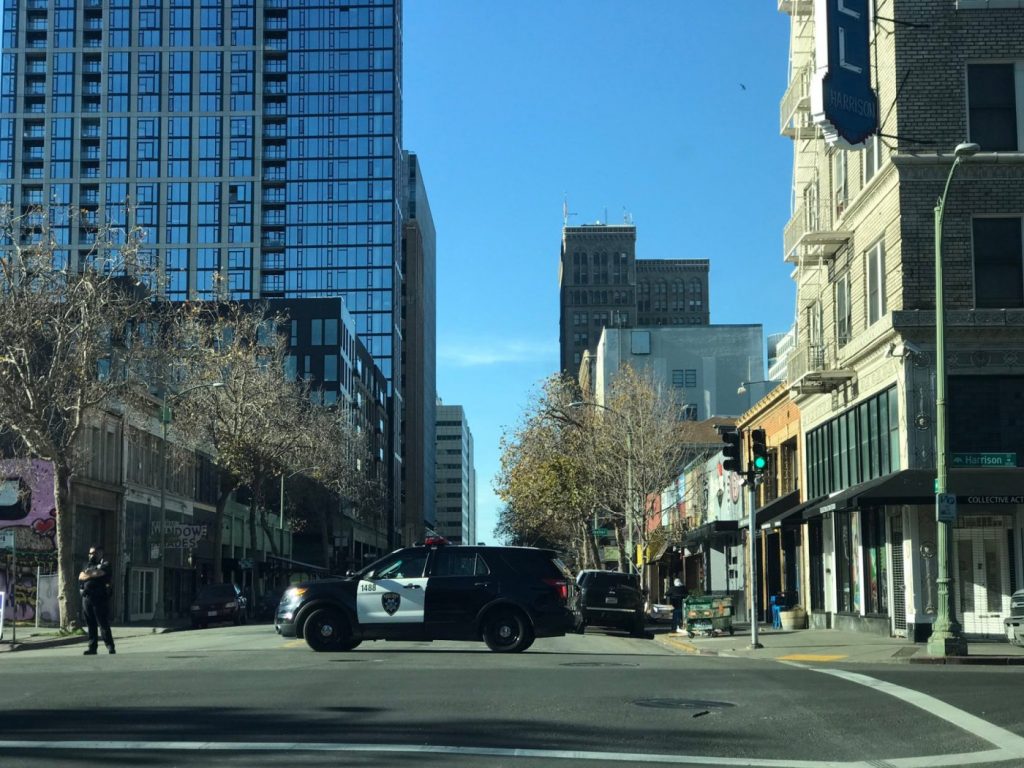OAKLAND — The son of a retired Union City police chief beat a murder case last February, but in the end that didn’t save him from prison.
Convicted of robbery at the same trial where he avoided a murder conviction, 24-year-old Tyrone McAllister was ultimately sentenced to 13 years and eight months behind bars. During trial, his lawyer encouraged the jury to “go ahead” and find him guilty of the robbery, which occurred hours before the homicide.
McAllister was transferred to the state prison system April 29, records show.
At his sentencing hearing, McAllister said he was sorry for the robbery and that he would take advantage of rehabilitation programs in prison.
“I’ve made plenty of mistakes during the time of me being homeless and trying to figure out a way to live on my own,” he said. “I developed many aspirations that have been keeping me focused and anchored on my newly acquired sense of direction…I’m very remorseful for the actions i partook in as a younger individual.”
McAllister went on trial last February for the 2019 killing of 32-year-old Janath Liyanage, but his lawyer convinced jurors that he didn’t do it. The prosecution’s case was largely based on the word of McAllister’s co-defendant, Dennis Evans, who testified that the two were out to commit armed robberies that night when McAllister shot and killed Liyanage as Evans waited in a getaway car.
But the defense argued that McAllister accidentally left his phone in Evans’ vehicle before the two parted ways that night.
McAllister is the son of former Union City police Chief Darryl McAllister, who retired in 2018. Tyrone McAllister’s lawyer, Annie Beles, said at the time of the robbery and homicide, McAllister had no stable housing and was basically destitute.
Judge Scott Patton, who handed down the sentencing, said in court he took no pleasure in it. He also said he was not factoring in any of the conduct that McAllister was acquitted of, but added that just because McAllister was found not guilty doesn’t mean he was “innocent,” according to a transcript of the hearing. He said that the robbery was a “very serious crime” that carried an inherent danger.
“Things can go quickly very wrong in robbery and people die,” he said.


